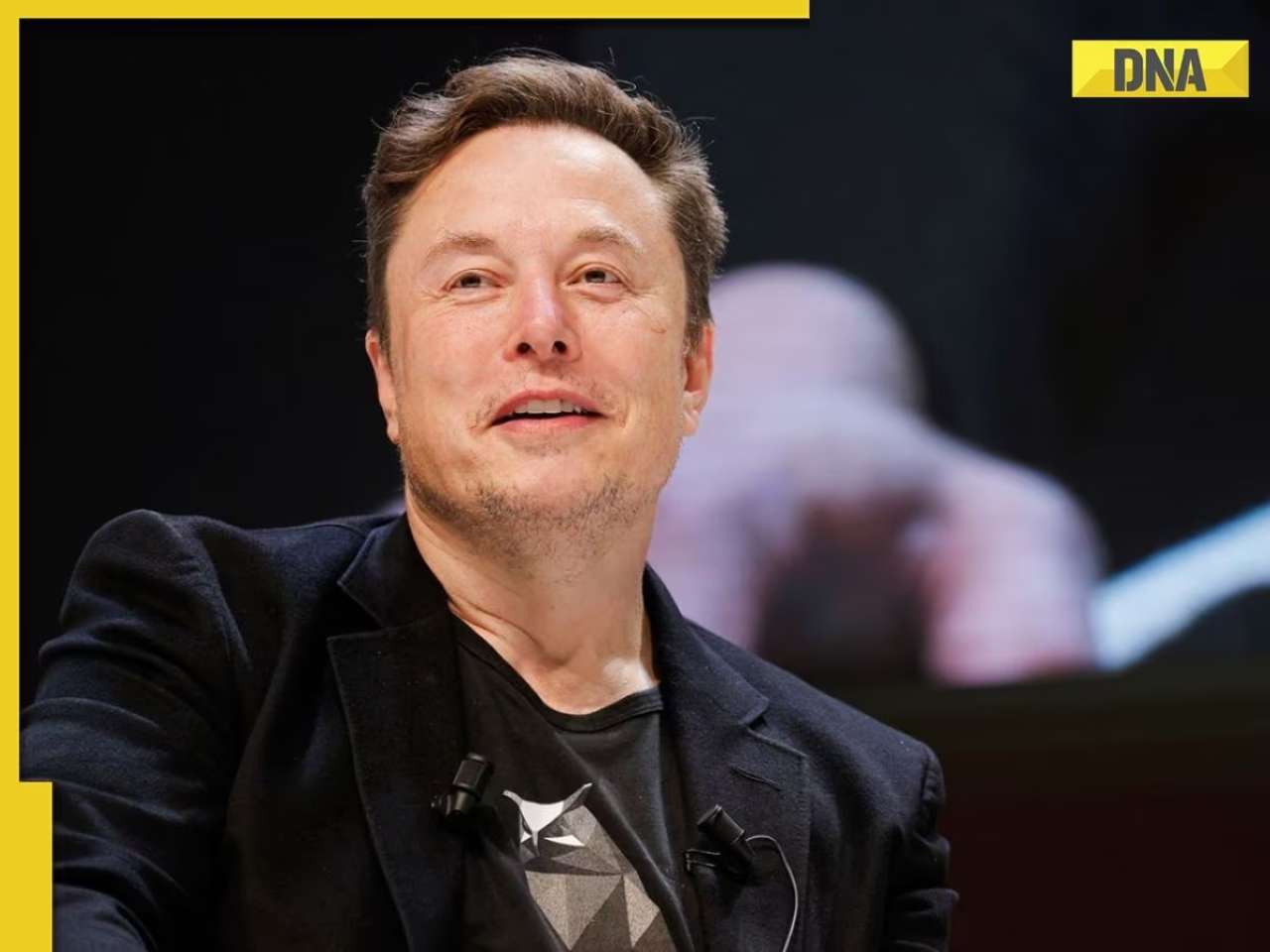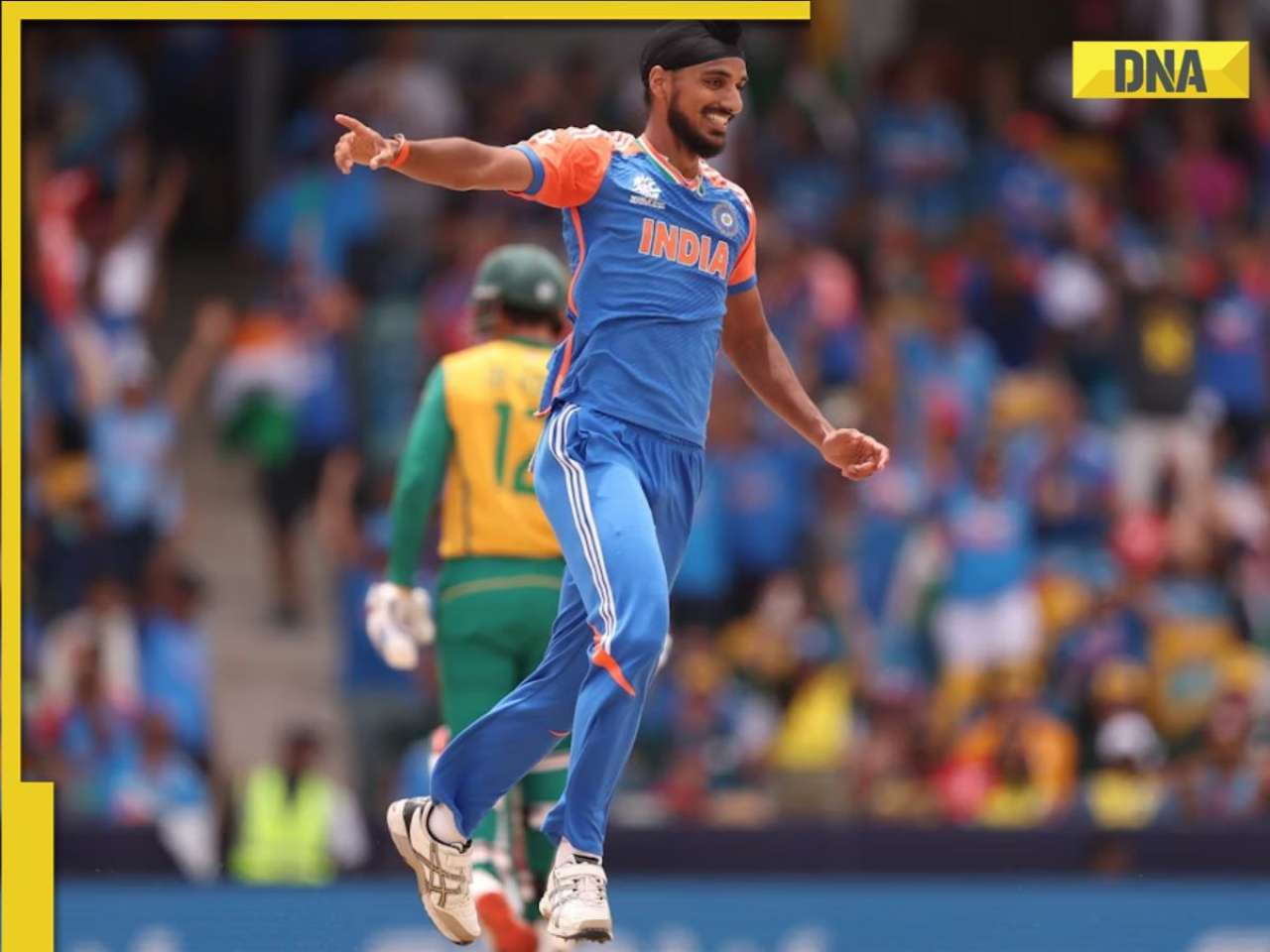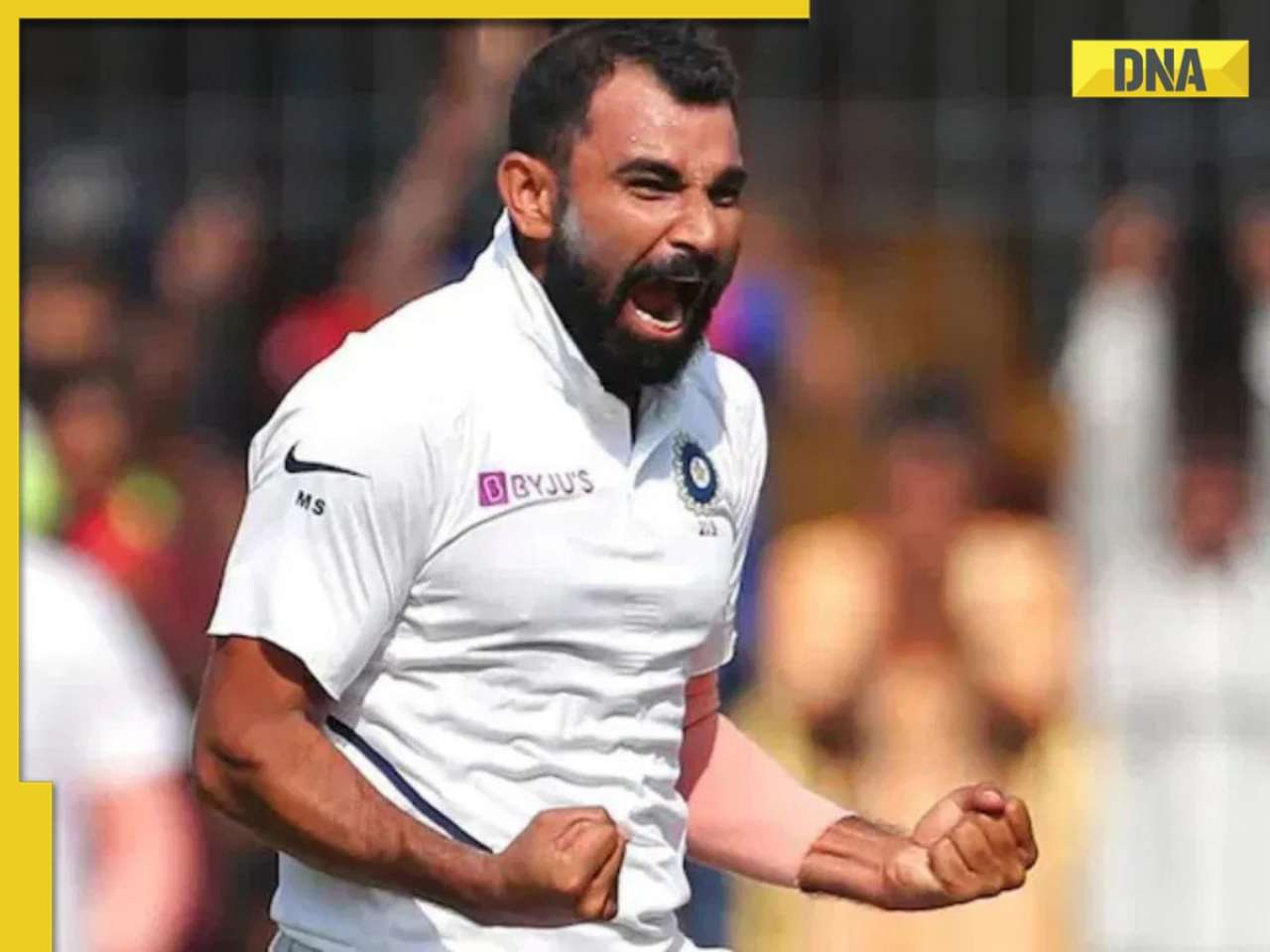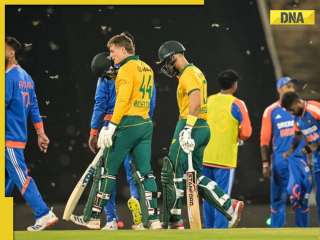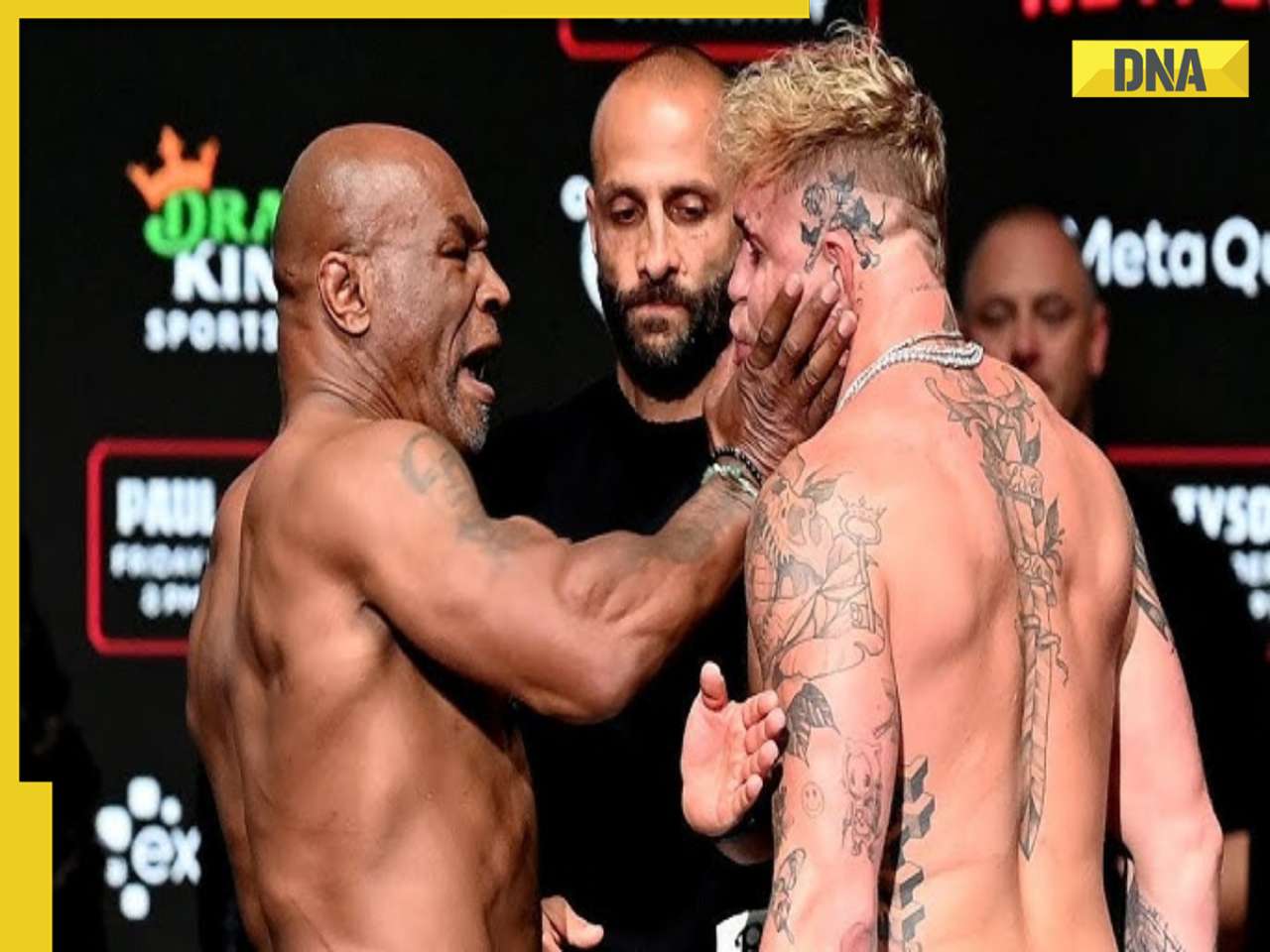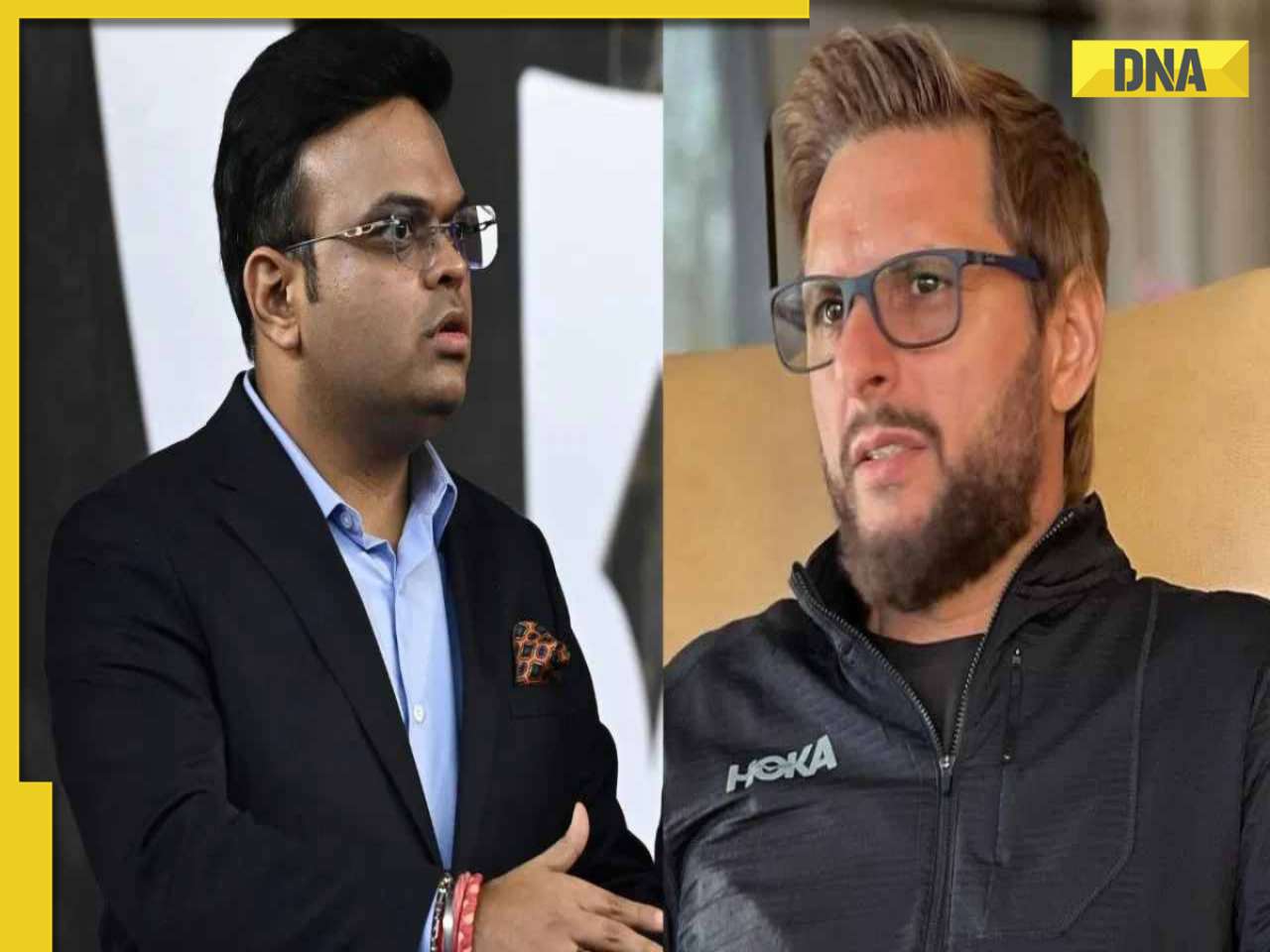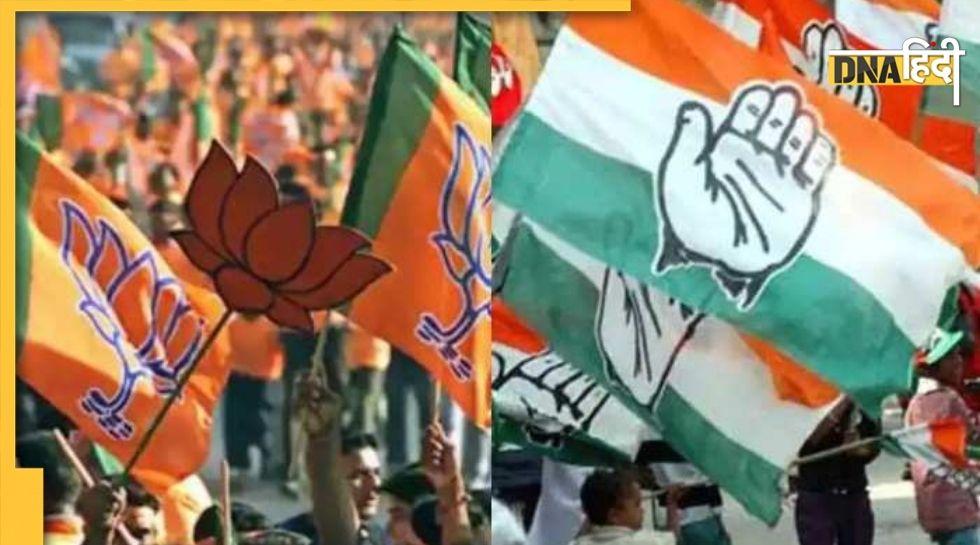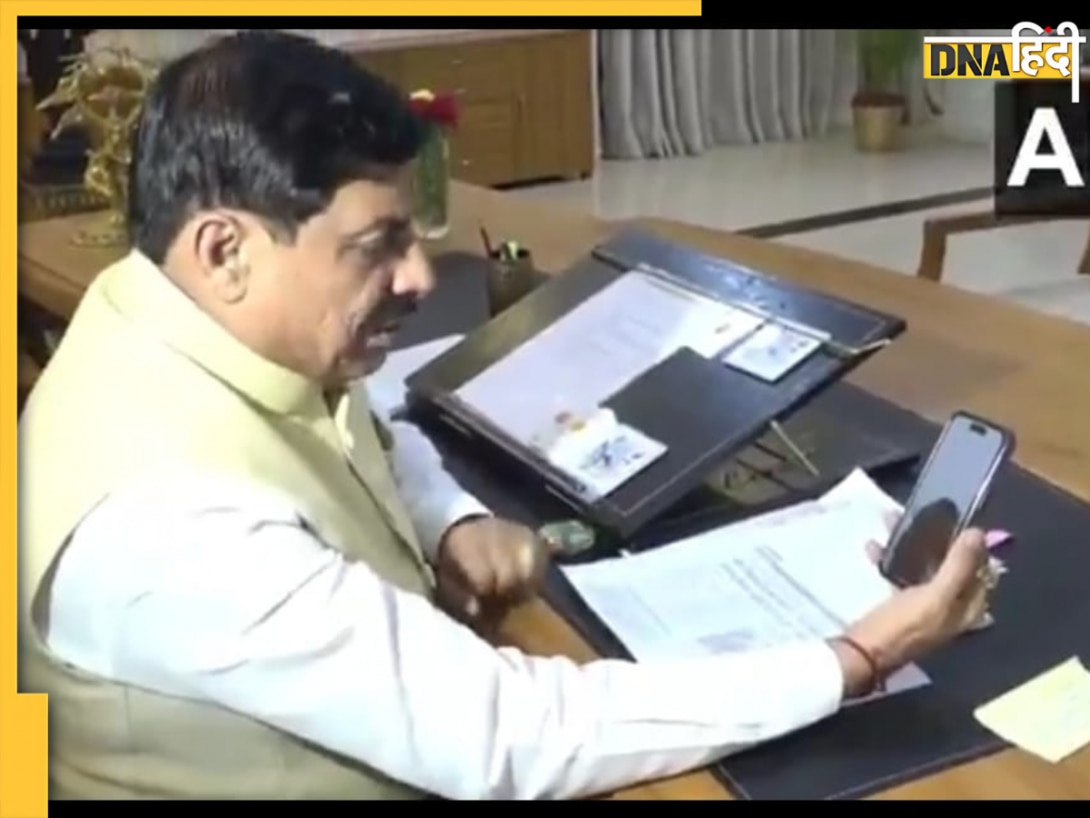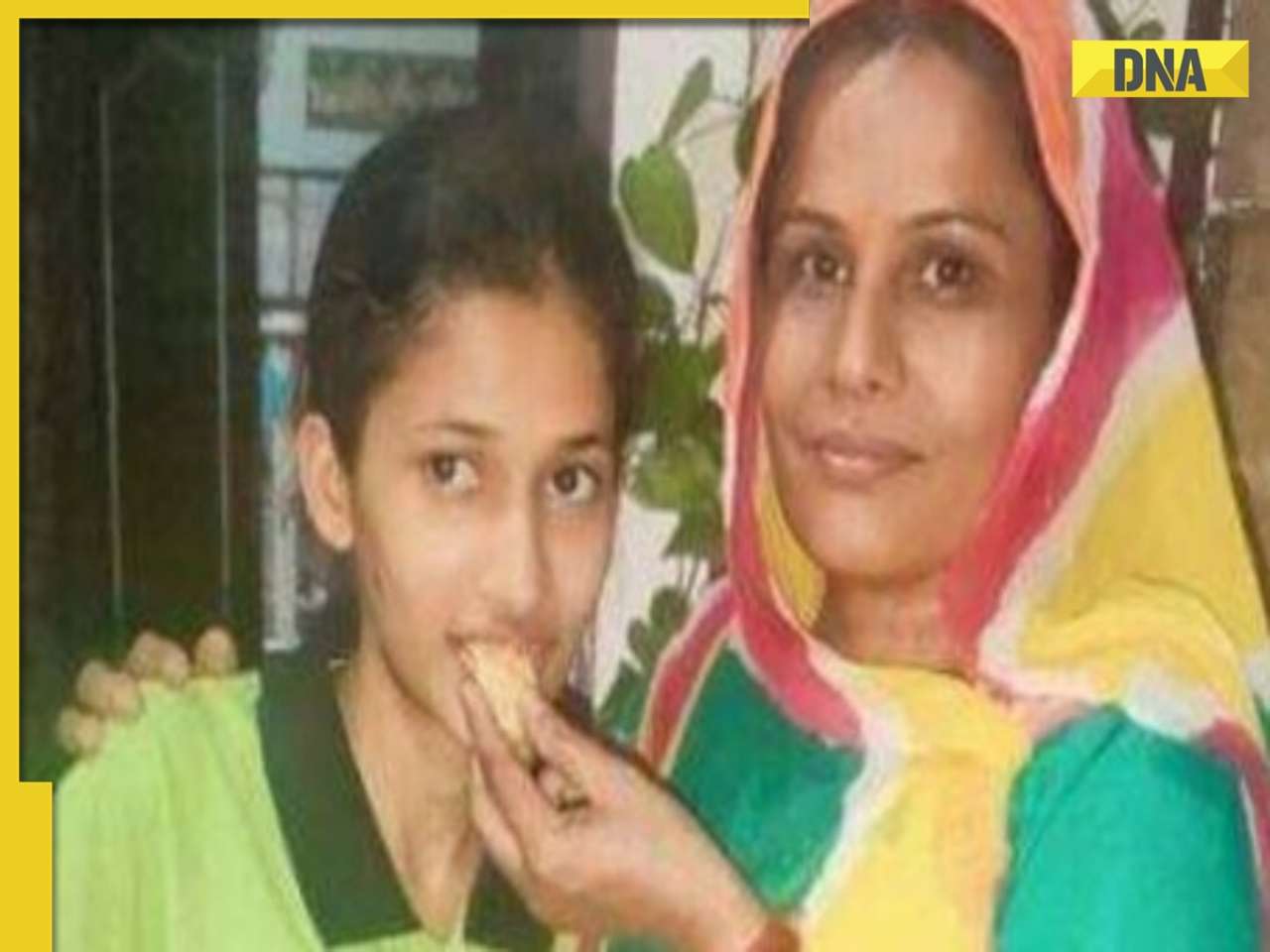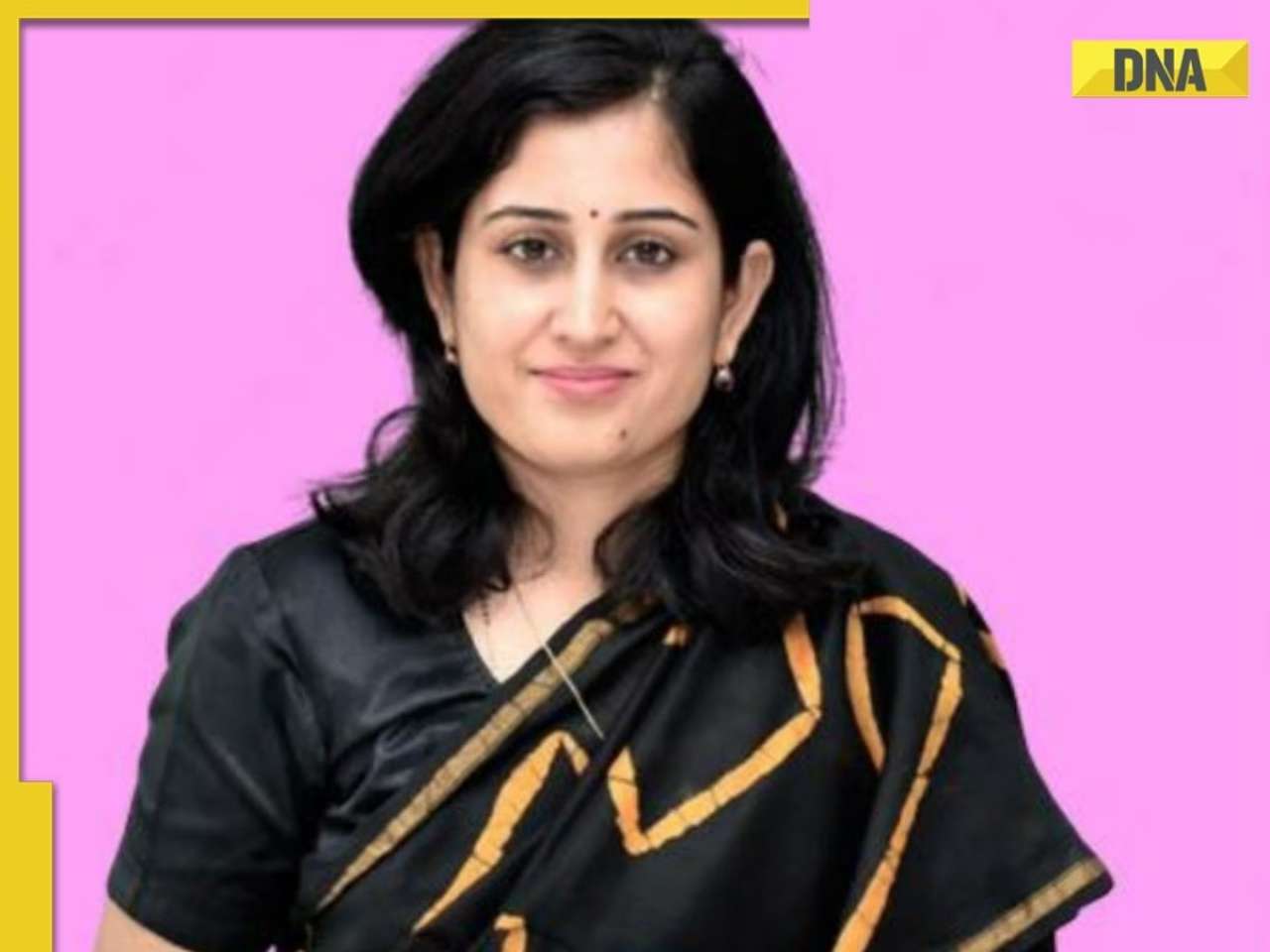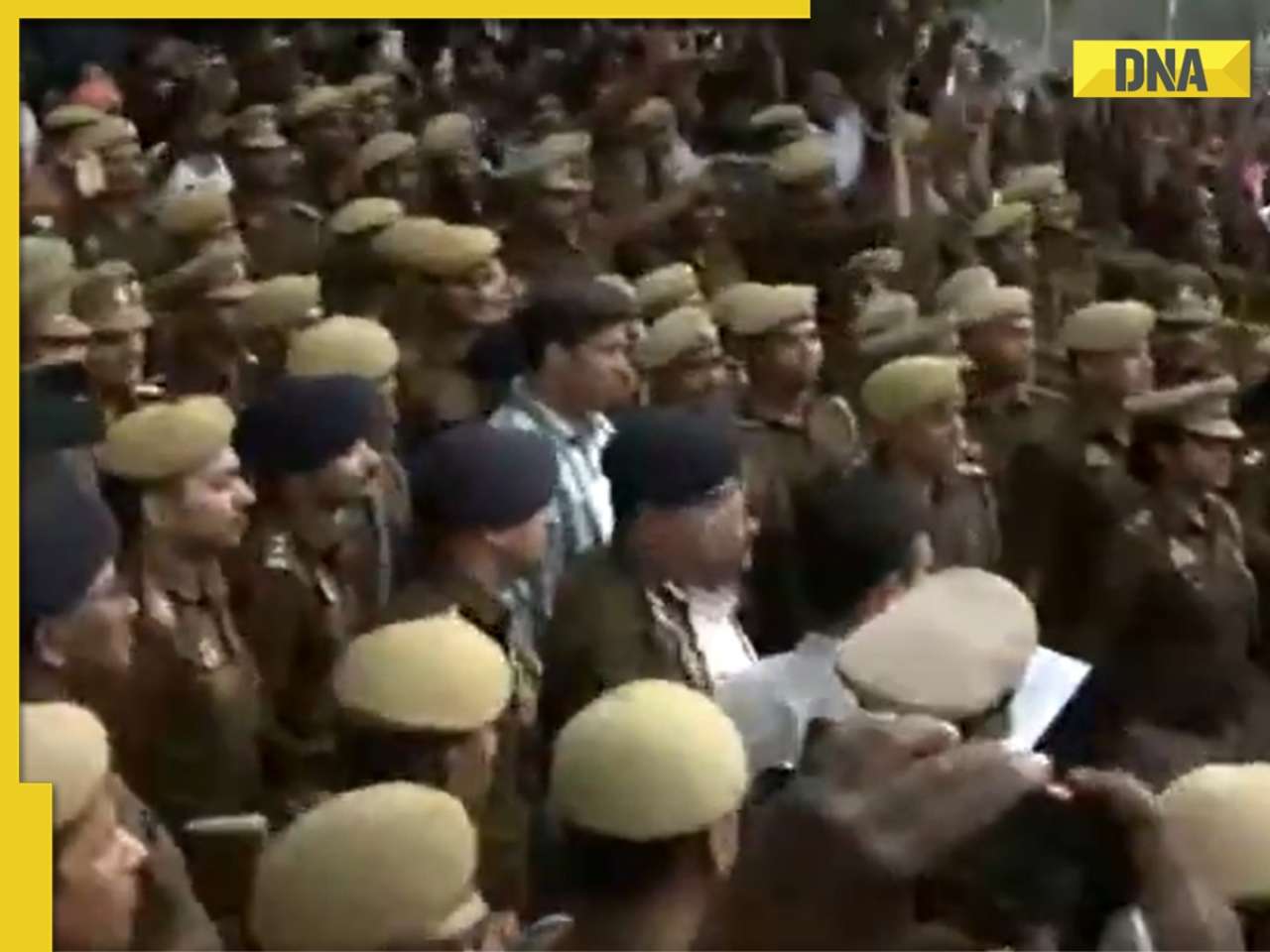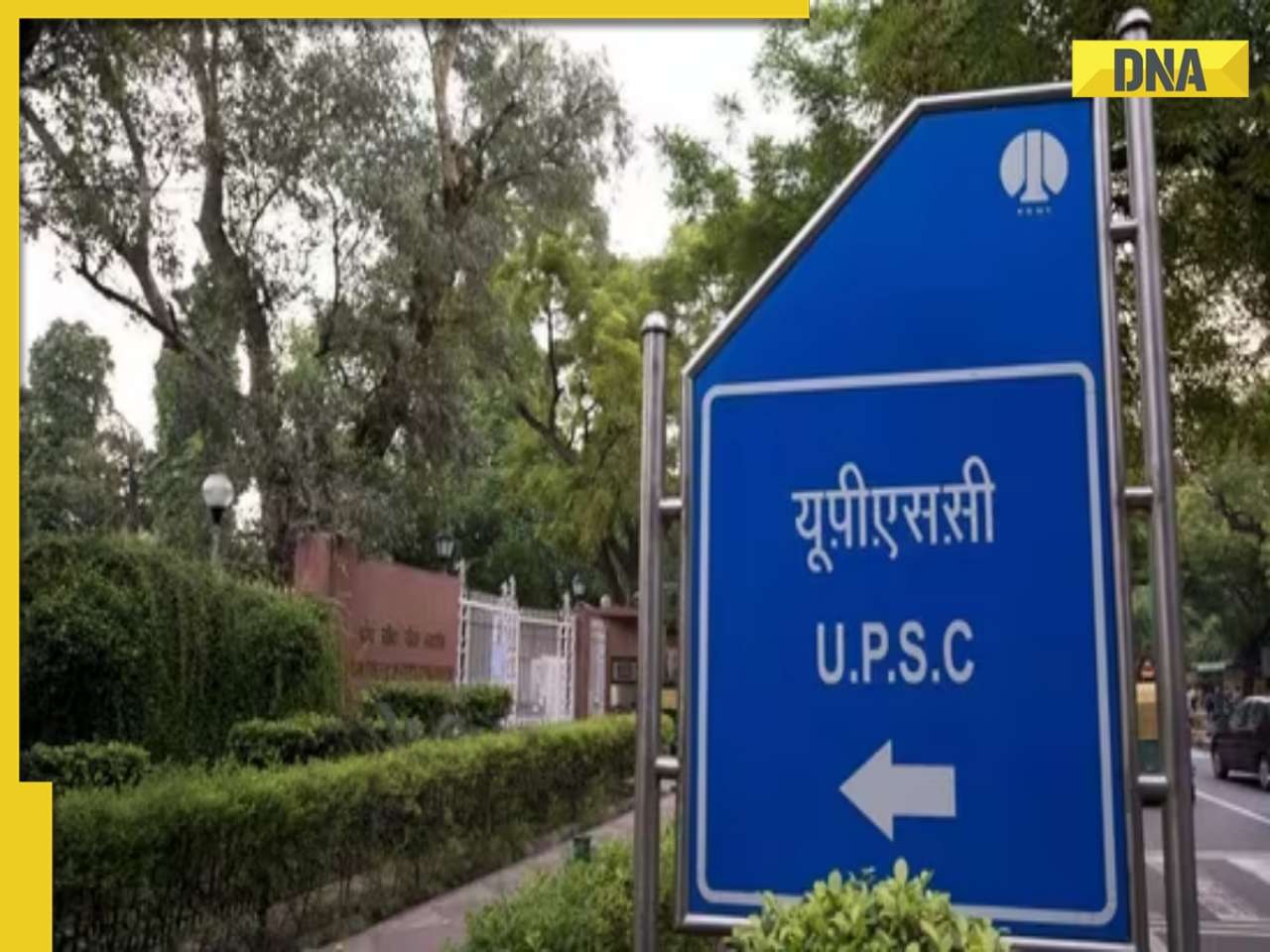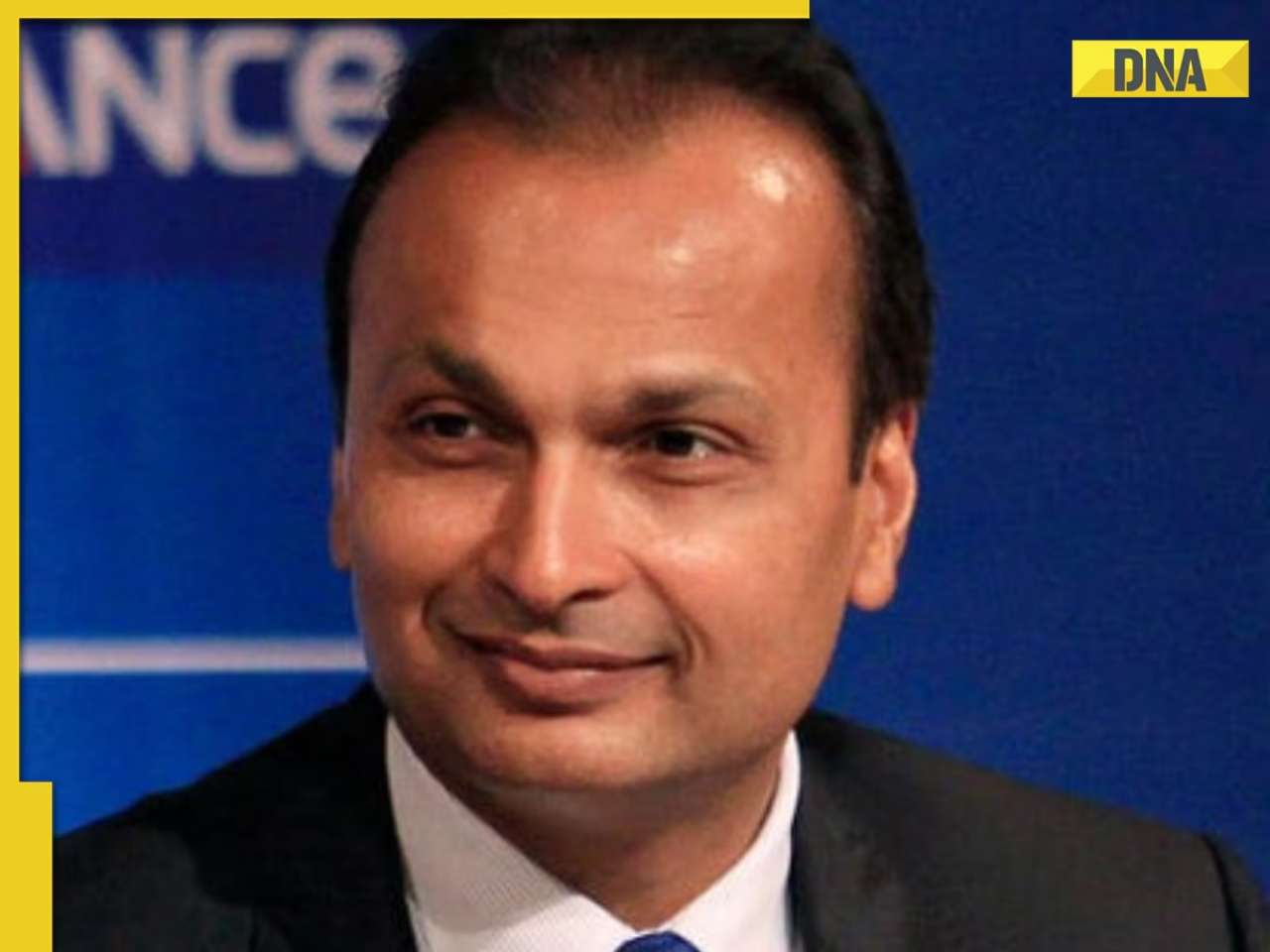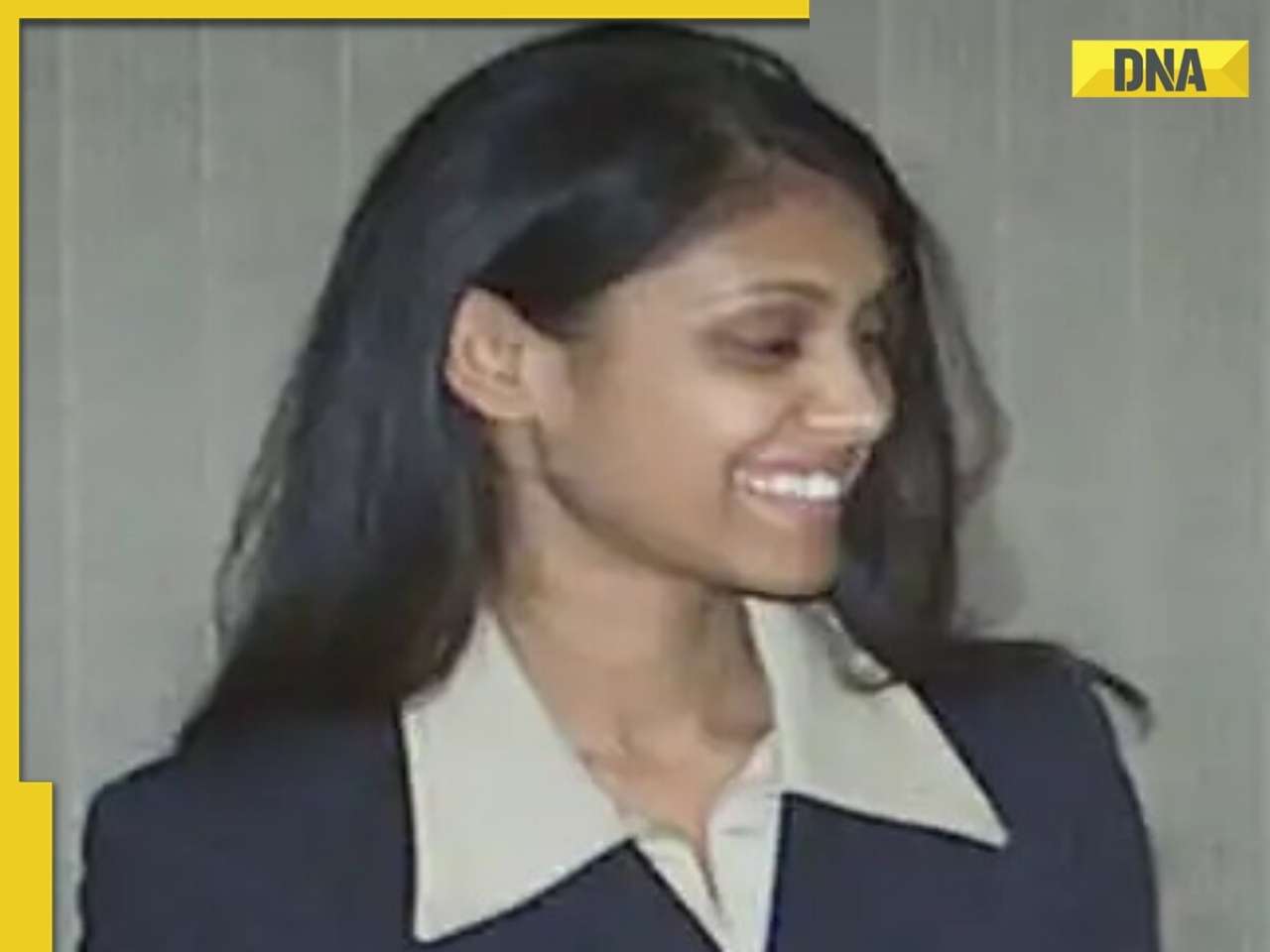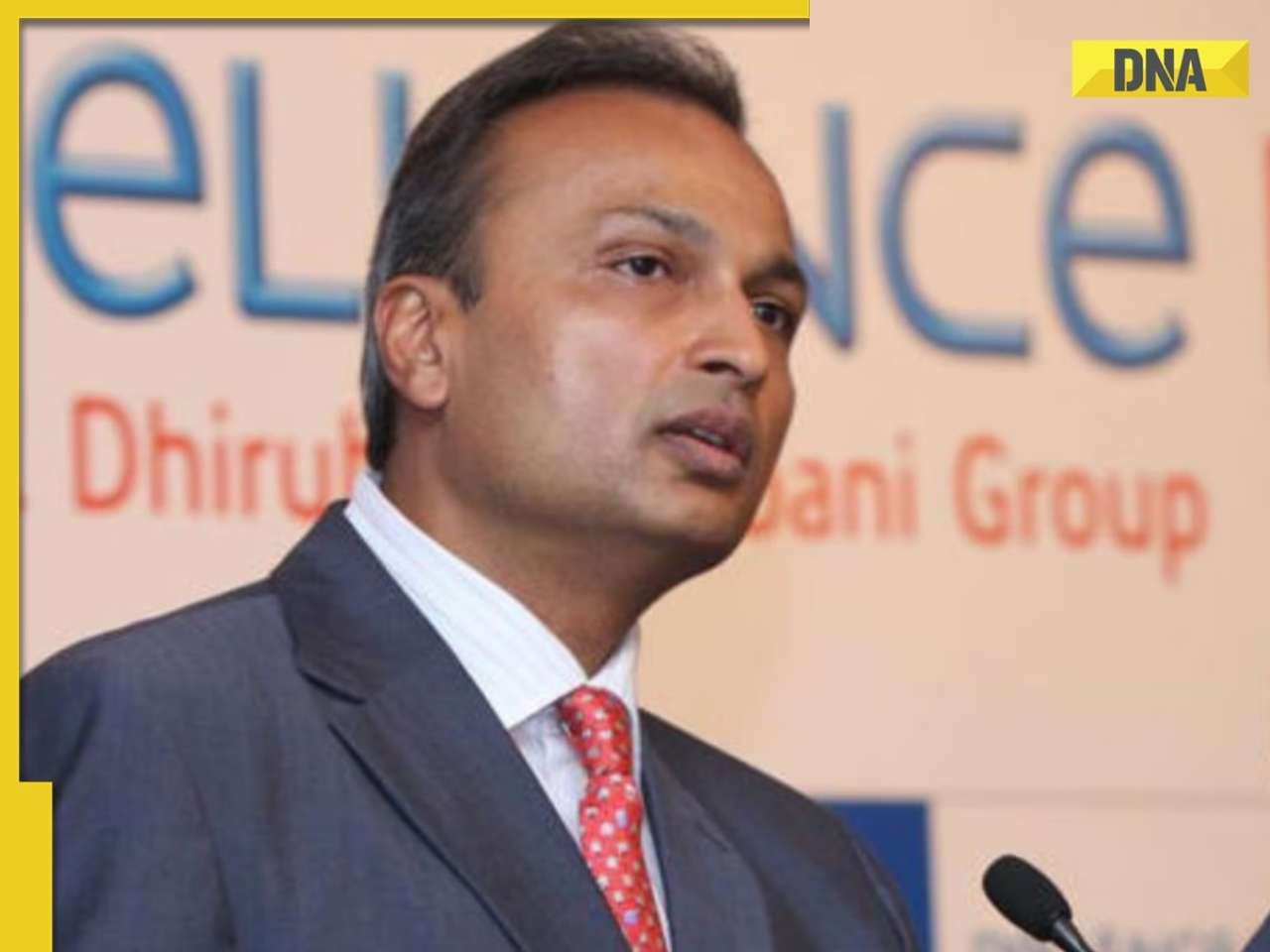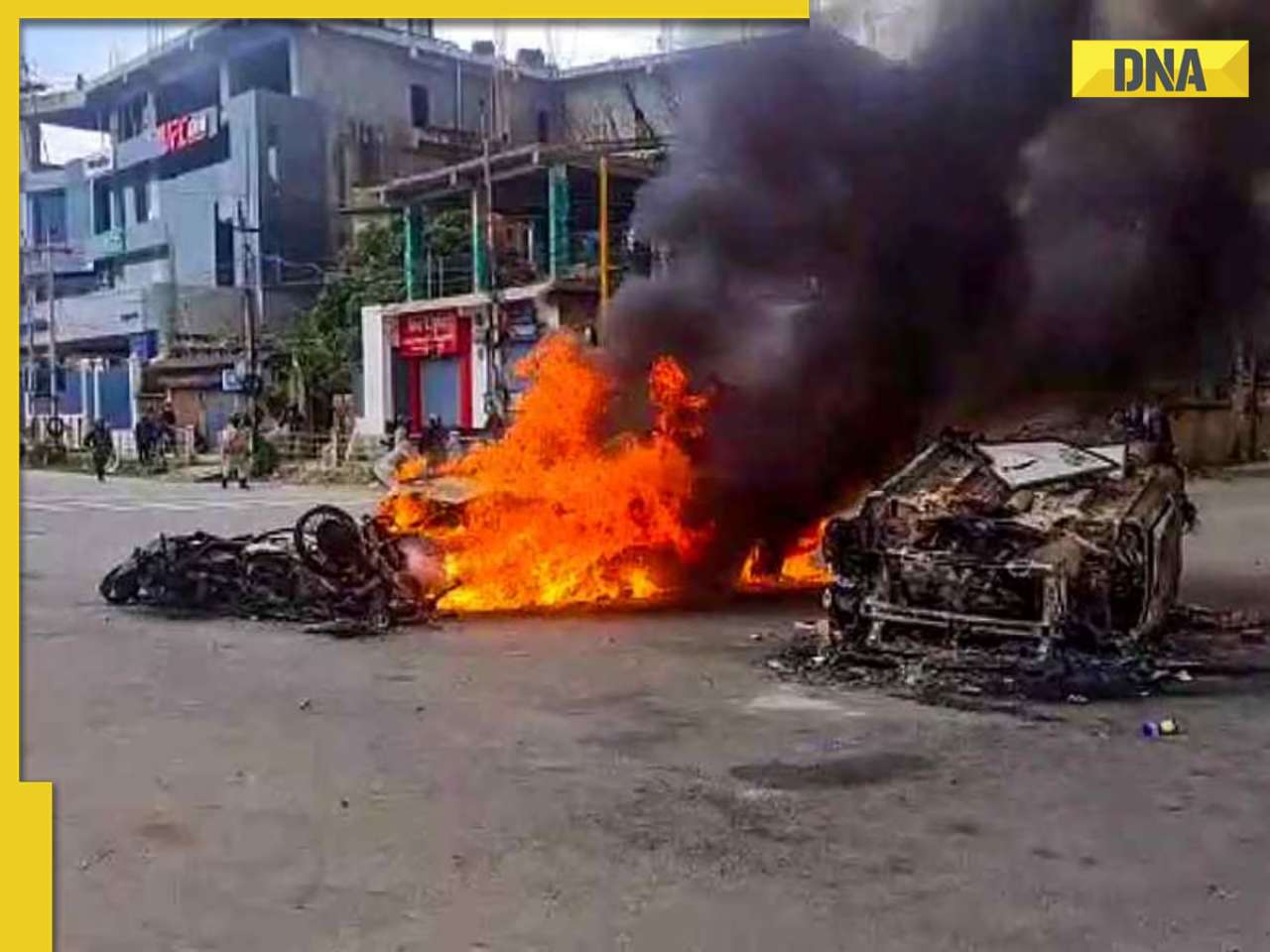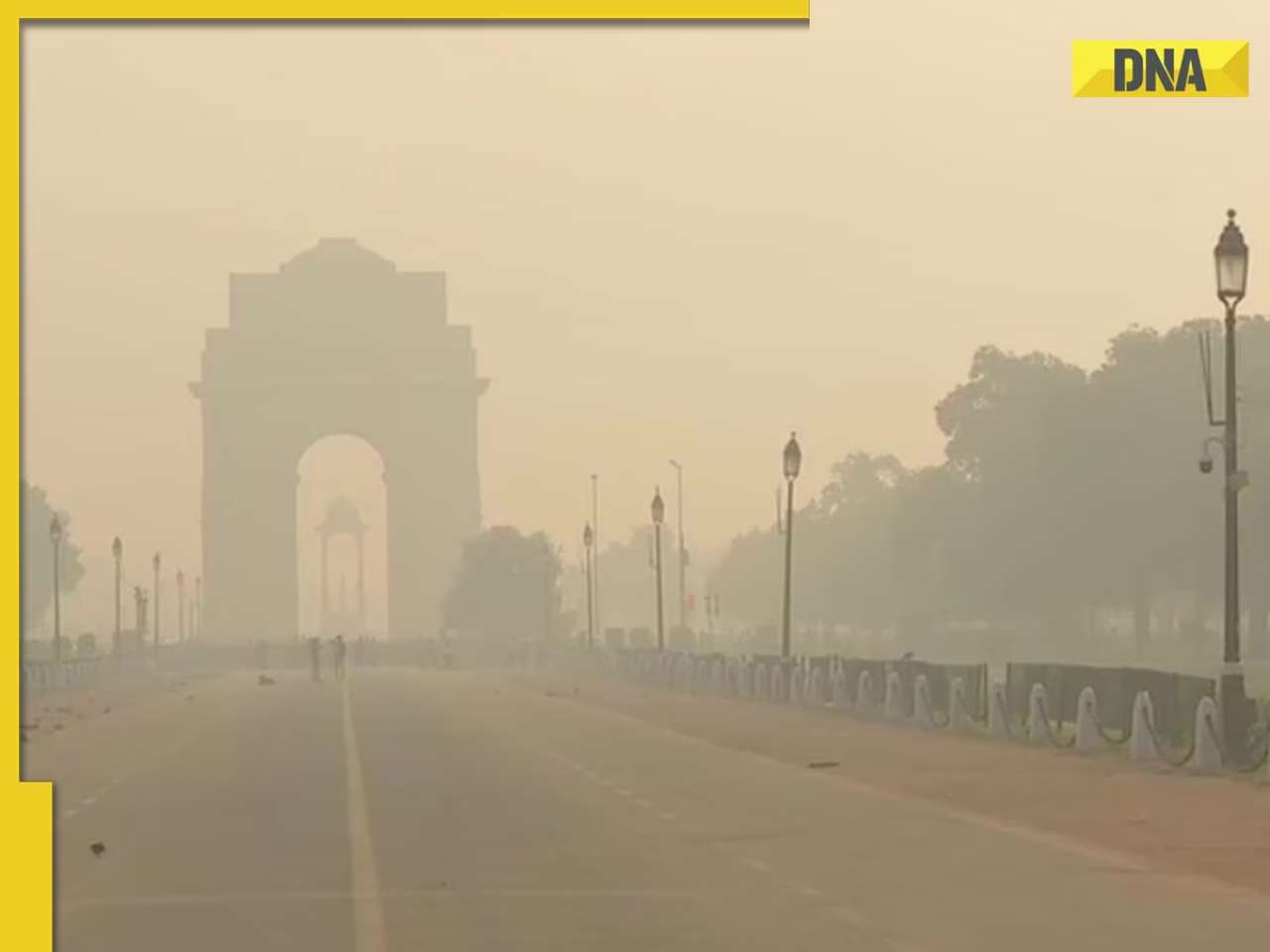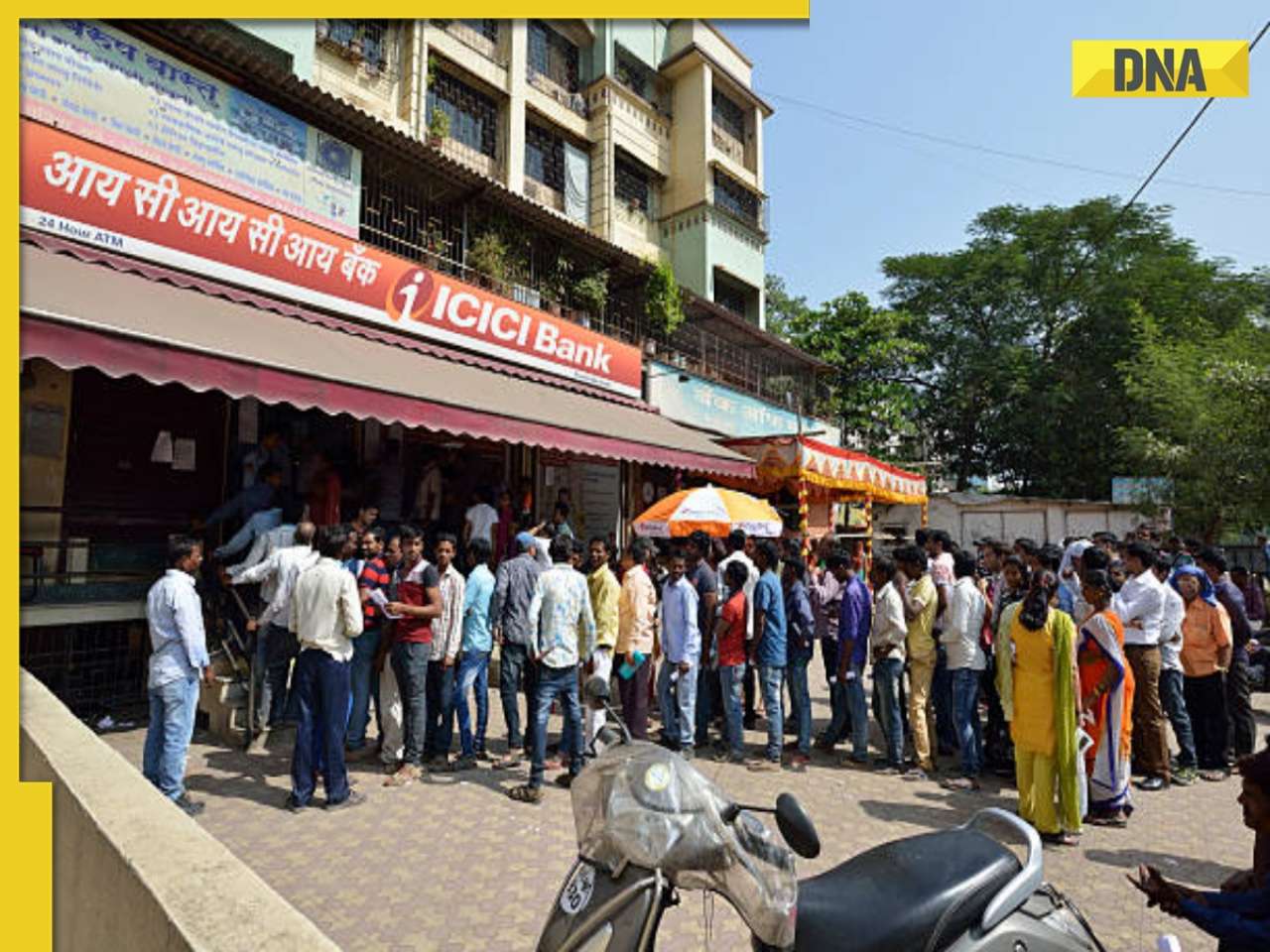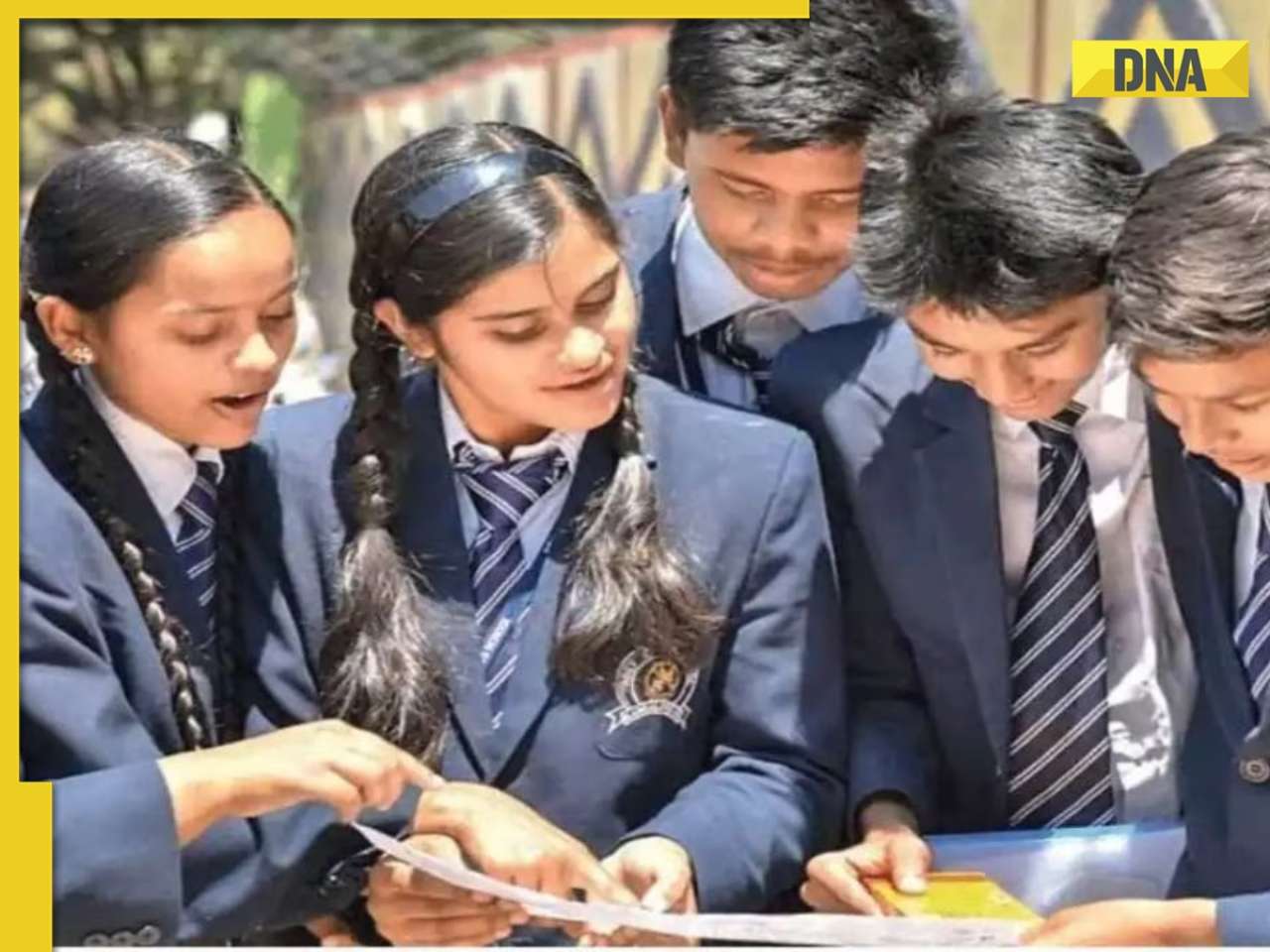- LATEST
- WEBSTORY
- TRENDING
WORLD
Two decades from war, a new fight to save Bosnia
The shooting began over the course of weeks, but if Bosnia's war needs a beginning to mark, then it's April 6, 1992, twenty years ago this Friday.
TRENDING NOW
The shooting began over the course of weeks, but if Bosnia's war needs a beginning to mark, then it's April 6, 1992, twenty years ago this Friday. That's the day the West recognised the Yugoslav republic as independent and Serb gunmen fired on peace demonstrators in Sarajevo, the opening salvo of a siege on the capital that would last for 43 months.
The war reached Dr Ilijaz Pilav 11 days later when men in uniform turned up at his clinic in the eastern town of Srebrenica.
He would escape from Srebrenica on foot through a forest on a summer day in 1995, hours before it was captured by Serb forces, who went on to massacre 8,000 Muslim men and boys there and bulldoze the bodies into pits. Seventeen of Pilav's relatives were among the victims. It is in their memory, he says, that he is now fighting in court to force Bosnia to rewrite a constitution that paid for peace by enshrining ethnic segregation into law. With 100,000 dead and two million displaced, the war was finally brought to an end by a peace deal signed in Dayton Ohio, which established a state divided among ethnic foes.
"Dayton brought peace, which is better than any kind of war. But Dayton saved the country in only the most basic form," said Pilav, now 48.
Today, Pilav stands behind one of two cases at the European Court of Human Rights challenging the fundamental premise of the 1995 peace deal. Under the constitution agreed at Dayton, a Serb must represent Bosnia's Serbs, a Croat the Croats, a Muslim the Muslims. Pilav, a Muslim, is suing for the right to stand for the post of the Serb territory's representative in the national presidency - a job that the law sets aside for a Serb. Dayton, he says, ended the bloodshed but left Bosnia in the grip of ethnic party chieftains.
"I simply want to believe that it is possible, not in 20 or 30 years, but that it should already have been possible, in my lifetime" to create a Bosnia where ethnicity is no longer the defining principle of the political system, he told Reuters. Pilav's case - and another brought by a Jew and a Roma who demanded the right to stand for posts reserved for Muslims, Croats or Serbs - are expected to force a transformation in Bosnia's constitution. They also reveal how far Bosnia has fallen behind other states of the former Yugoslavia in burying the legacy of war, and the hurdles it faces in joining the European mainstream.
On Friday, greying reporters who covered the war will gather at Sarajevo's Holiday Inn to recall the conflict that snapped the West out of its post-Cold War euphoria and saw Europe and the United States dither in the face of ethnic cleansing a few hours' drive from Vienna or a ferry crossing from Ancona. Unlike the other states that emerged when Yugoslavia broke apart, Bosnia was not dominated by a single ethnic group. Because of its diversity - like that of Yugoslavia itself - it has been described as Yugoslavia in a bottle. After those first shots twenty years ago, Serbs under Radovan Karadzic and Ratko Mladic - both now standing trial for genocide in The Hague - took the big guns of the Yugoslav army and seized 70% of Bosnian territory, cleansing it of non-Serbs and pounding Sarajevo from the hilltops.
The Muslims, known as Bosniaks, and Croats fought back, and for a period against each other. For years, UN peacekeepers stood by helpless. Finally in 1995 NATO used force, bombing the Serbs to the negotiating table. Pilav recalls mediaeval conditions at a Srebrenica field hospital he manned throughout: "That war was an improvisation, going back several centuries - without medicine or sanitary supplies, surgery without anesthetic, without basic instruments. It's beyond the power of normal understanding." The Dayton deal silenced the guns, but to do so it created a country of Byzantine complexity, locking in place the wartime ethnic divisions. Bosnia was split into two parts, its government divvied up between the warring groups - Orthodox Serbs, Catholic Croats and Muslim Bosniaks - in a single state ruled by ethnic quotas and united by only the thinnest of threads. Dayton's architects say the structure was designed to evolve with time and reconciliation. The ethnic lines would blur. Instead, the divisions have deepened, breeding a new generation with little or no sense of shared national identity. Less than half the estimated 2 million people displaced by the war have returned to their homes. Despite hundreds of trials for war crimes held locally and abroad, each community nurtures a different narrative of what went on, who is to blame. "We needed to break the momentum of violence," said Christopher Hill, who served as deputy to the late US peace envoy Richard Holbrooke who brokered the Dayton talks.
"I think that was successful," Hill told Reuters, "but I'm also very mindful of the fact that many of the elements of Dayton were problematic and would in the fullness of time require adjustment."
Today's Bosnia has some 120 ministers and multiple layers of government. Public administration is the biggest single employer swallowing half the meagre state budget. Posts are given out as patronage, guaranteeing votes for the ruling parties. Bosnia has absorbed some nine billion euros ($11.99 billion) in foreign aid. An international overseer retains ultimate authority, but the West's influence has been waning for years.
The EU maintains a peace force of 1,250 troops. Nationalist rivalry has stifled development, deterred
investors and left Bosnia without a central government for the whole of 2011 before an impasse was resolved in February. Bosnians lament that just 40 km (25 miles) of highway have been built over the past 10 years. The country ranks 125 out of 183 on a World Bank ease-of-doing-business survey, below Kosovo and Swaziland. It has yet to create a united police force. A row over funds closed the doors of Bosnia's National Gallery. The National Library and 125-year-old National Museum are also under threat.
"We have our own gallery and museum," said Milorad Dodik, president of Bosnia's Serb Republic. Dodik and other politicians from the Serb region treat the central government with thinly-concealed contempt. "Bosnia-Herzegovina is unacceptable as a unitary and centralised country," Dodik told Reuters. "Bosnia-Herzegovina
was seen as a smaller version of Yugoslavia. If big Yugoslavia couldn't survive, how can little Yugoslavia?"
Those who are hopeful for Bosnia's future point out that Yugoslavia did survive, at peace, for half a century. Serbs, Croats and Bosniaks have coexisted peacefully for long stretches of history. At the war's start, 30% of marriages in the vibrant Bosnian capital were ethnically mixed. "At Midnight Mass, there weren't only Catholics in the cathedral. Everyone was there. And everyone was at Eid and at Orthodox Christmas. That kind of ambience today, when you talk about it as the reality of our recent past, seems unthinkable," said Bosnian Croat sociology professor Slavo Kukic. Today, he said, Bosnian youths "are filled from day one with the belief that the 'other' is the devil himself, that one should not drink coffee with him let alone love or marry him." The notion that the peoples of Bosnia could never live together was propagated by the leaders who tore them apart - and who now maintain their grip on power through the ethnic prerogatives enshrined at Dayton. "Bosnia-Herzegovina is not a multi-ethnic country," said Srecko Latal of the International Crisis Group think-tank.
"Bosnia-Herzegovina is a sum of mono-ethnic regions." The aims of the war have yet to be resolved: Serb leaders want the Bosnian state kept at the bare minimum, the Bosniaks want it strengthened, while the Croats - the smallest of the three - want a greater degree of autonomy.
Pilav's lawsuit - and that of Jewish Bosnian Jakob Finci and Roma Dervo Sejdic - have reframed the debate. The European Court ruled in 2009 in favour of Finci and Sejdic's demand to be allowed to stand for office. It is expected to rule in favour of Pilav too. Bosnia will have to change its constitution to reflect the rulings if it is to stand any chance of joining its ex-Yugoslav neighbours on the path to EU membership. "What's happening is that the very essence of the Dayton peace accord or the Dayton constitution is being challenged," said Latal.
"Either Bosnia-Herzegovina and its leaders will have to take a leap of faith and step outside of this comfort zone of the Dayton constitution, or they will remain where they are now and the country will be kept out of the EU for as long as it takes." The borders of the EU will extend to Bosnia when Croatia joins in July next year.
But in Bosnia, change will not come easy. Politicians, backed by fiercely divided media, have built careers and patronage networks based on nationalist rhetoric. Dodik, the Bosnian Serb leader, made clear he would resist reforms that turn Bosnia into a centralised state:
"We must exclude national exclusivity (as a result of the legal cases), and we are prepared to do that. But Sejdic-Finci is being used here as the opportunity for massive constitutional change."
Those seeking reform say that without it, Bosnia could slip back into war. "Sooner or later, if the country continues this way, it may finally touch the bottom, and then anything goes," said Latal. Pilav said ethnic bosses who thrive in the current system will not yield power easily. "This kind of political elite...can only secure its position based on division, fear and suppression of progress."
"In this kind of Bosnia, just as peace is possible, so is war. The line between the two is that thin."

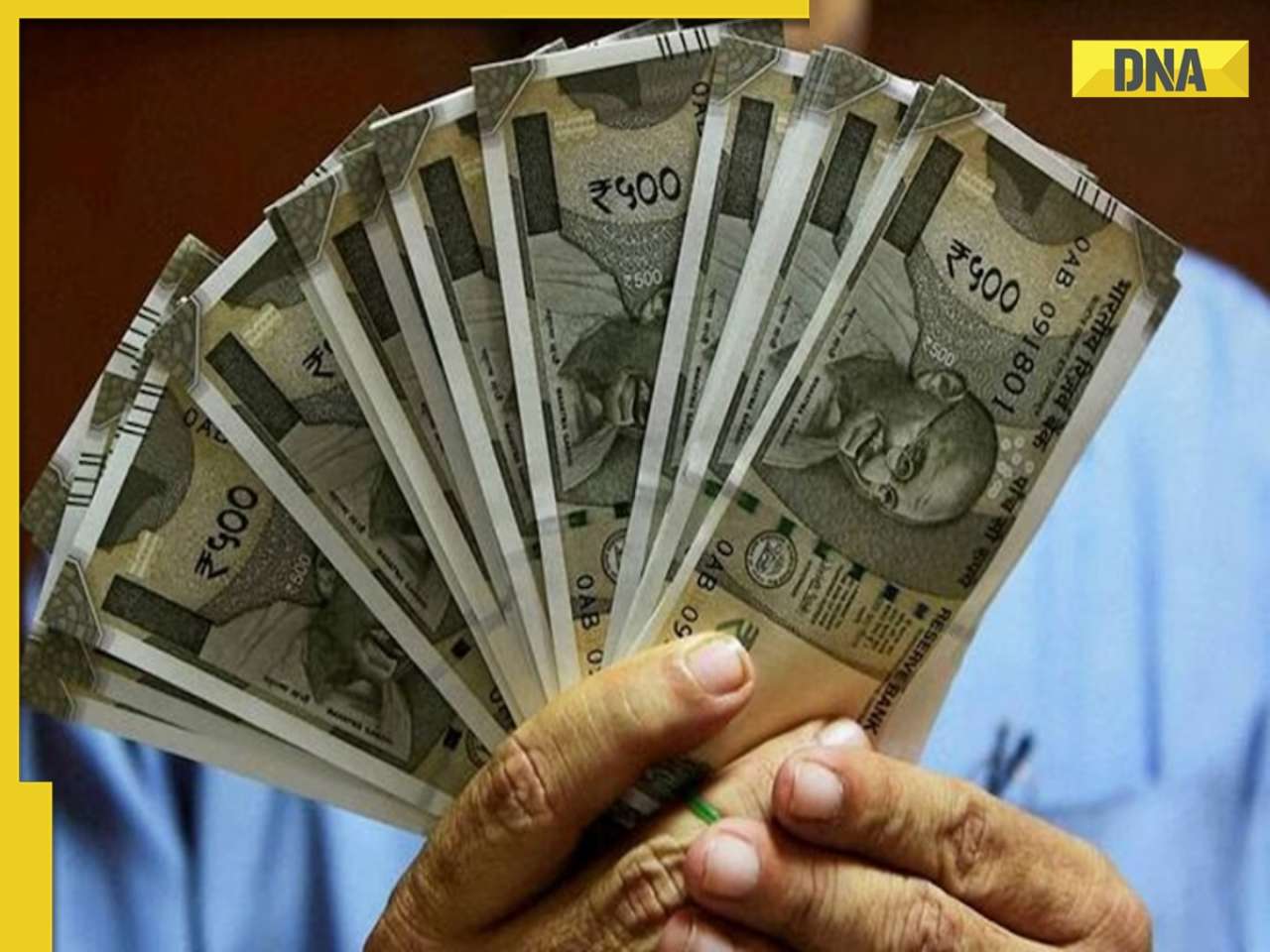


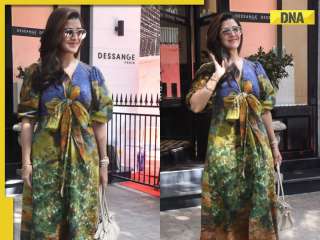



)
)
)
)
)
)
)
)
)
)
)
)
)
)
)







